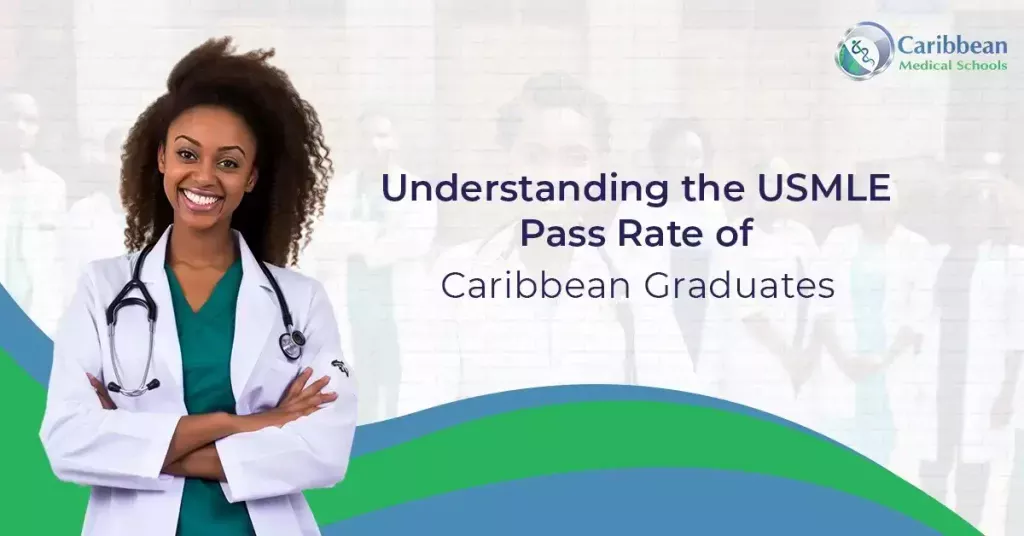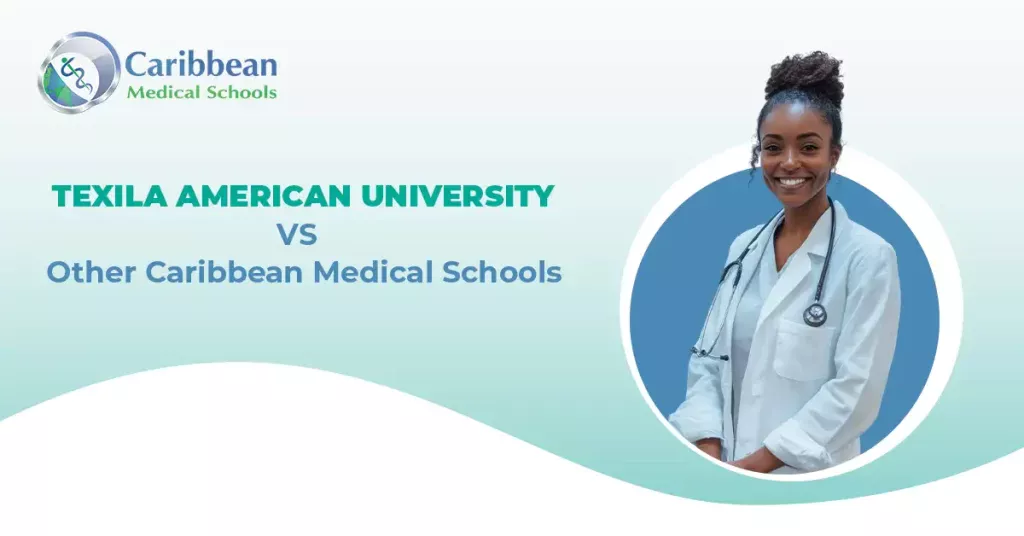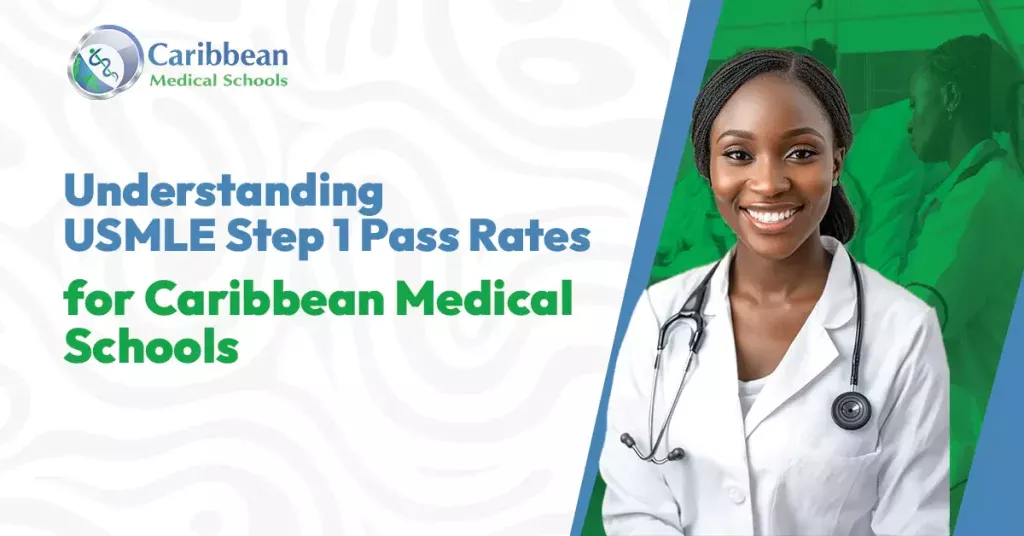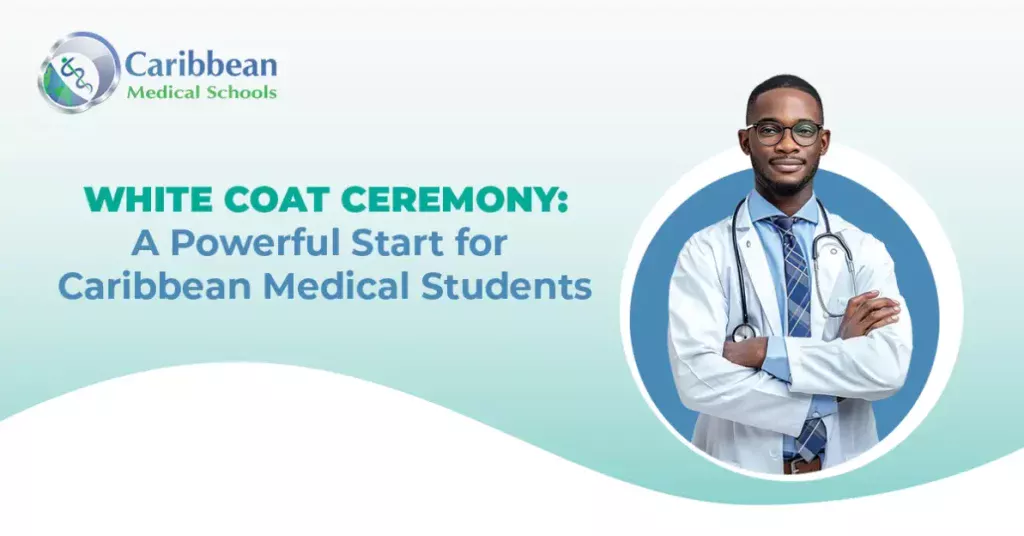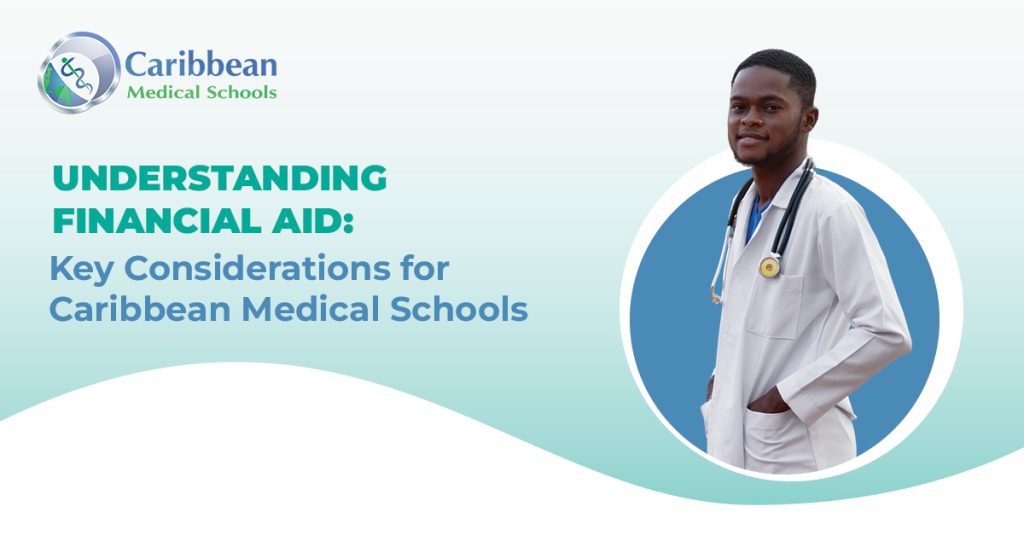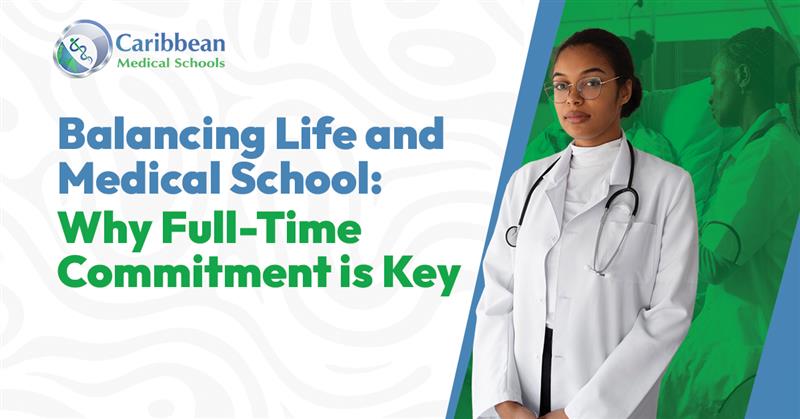Blog Summary:
The USMLE is a three-step examination essential for medical licensure in the U.S., assessing basic sciences, clinical knowledge, and patient management skills. Caribbean medical schools, famous for their less stringent admission requirements, show varied USMLE pass rates. Factors influencing success include educational quality, preparation resources, and school accreditation. Challenges faced by Caribbean graduates include stigma and difficulty securing U.S. residencies. Effective preparation strategies include review courses, practice tests, and time management. Certification of schools significantly impacts pass rates. As medical education evolves with technology, Caribbean schools remain viable for aspiring doctors who carefully choose accredited institutions and prepare diligently.
Table of Contents
Introduction
Embarking on a medical career requires passing several milestones, of which the United States Medical Licensing Examination (USMLE) is pivotal. Many aspiring doctors are increasingly choosing Caribbean medical schools. This article explores the USMLE pass rates of graduates from these institutions and what they imply for prospective students.
What is the USMLE?
Overview of the USMLE
The USMLE is a three-step exam required for medical licensure in the United States. It assesses a physician’s ability to apply knowledge, concepts, and principles essential for effective patient care and safe medical practice. The exam is crucial for any medical graduate practising in the U.S.
Breakdown of USMLE Steps
- Step 1: Test basic science knowledge, which is fundamental for a good start in medical practice.
- Step 2: Emphasizes clinical knowledge and skills, divided into Clinical Knowledge (CK) and Clinical Skills (CS).
- Step 3: Assesses the ability to manage patients in an unsupervised setting, a critical component of practising medicine independently.

Caribbean Medical Schools
Types of Caribbean Medical Schools
Accredited Caribbean Medical Schools are categorized mainly into regional and offshore institutions. Offshore schools typically cater to international students, particularly from the United States and Canada, while regional schools train local Caribbean students.
Popularity and Admission Requirements
The growing popularity of these schools is partly due to less stringent admission requirements and more frequent enrollment periods. However, the quality of education and outcomes, such as USMLE pass rates, can vary significantly among these institutions.
USMLE Pass Rates for Caribbean Graduates
Comparison with U.S. Medical Schools
Statistics reveal that USMLE pass rates vary significantly among Caribbean schools. While some offshore schools report pass rates comparable to U.S. schools, others lag.
Statistics and Variance
As reported by the Educational Commission for Foreign Medical Graduates (ECFMG), the overall pass rate for first-time takers of USMLE Step 1 from Caribbean schools is generally lower than that of U.S. medical schools. This variance underscores the importance of prospective students carefully choosing where to study.
Factors Influencing USMLE Success
Educational Quality
The curriculum’s alignment with USMLE standards is crucial. Schools that offer a curriculum closely aligned with the USMLE content tend to produce graduates with higher pass rates.
Preparation and Support
Access to resources like USMLE prep courses, practice tests, and study materials plays a significant role in student success. Schools that provide robust support systems for exam preparation typically see better outcomes.
School Accreditation
Accredited schools often have better pass rates. Accreditation ensures that the school meets defined standards of educational quality, which can significantly impact a graduate’s performance on the USMLE.
Step-by-Step Analysis of USMLE Steps 1, 2, and 3
Step 1: Basic Science Knowledge
This step tests basic science knowledge, including anatomy, biochemistry, microbiology, pathology, pharmacology, and physiology. A strong foundation in these subjects is essential for a good start in medical practice.
Step 2: Clinical Knowledge and Skills
Divided into Clinical Knowledge (CK) and Clinical Skills (CS), USMLE Step 2 focuses on assessing a candidate’s capability to apply medical knowledge in clinical settings. It evaluates their skills in diagnosing and managing patient care.
Step 3: Patient Management
The final step assesses the ability to manage patients independently in an unsupervised setting. This step is critical for ensuring that graduates can effectively handle real-world medical situations.
Challenges Faced by Caribbean Graduates
Stigma Regarding Education Quality
There is a persistent perception that Caribbean medical schools are of lower quality than U.S. schools. This stigma can impact graduates’ confidence and their opportunities in the medical field.
Securing U.S. Residencies
Due to the competitive nature of U.S. residency programs, graduates from Caribbean schools may find it more challenging to secure positions, especially in highly sought-after specialities.
Improving USMLE Scores
Comprehensive Review Courses
Enrolling in review courses that cover the entire USMLE syllabus can provide a structured study plan and enhance understanding.
Regular Practice with Question Banks
Utilizing question banks to practice and familiarize oneself with the format of exams and the types of questions asked can significantly boost performance.
Time Management Skills
Managing study time and ensuring a balanced approach to covering all subjects is crucial for success.

The Role of Accreditation
Importance of Accreditation
Attending an accredited school is essential to ensure the quality of education and eligibility for U.S. residencies. Accreditation status can significantly impact a graduate’s career path.
Accreditation Agencies
Prospective students should research and select schools accredited by recognized agencies, such as the Accreditation Commission on Colleges of Medicine (ACCM) or the Caribbean Accreditation Authority for Education in Medicine and other Health Professions (CAAM-HP).
Future Trends in Medical Education
Technological Advancements
The USMLE and medical education landscapes are constantly evolving. Technological advancements, such as integrating artificial intelligence and virtual reality in medical training, could provide new avenues for enhancing learning and exam preparation.
Changes in Healthcare Policies
Changes in healthcare policies and the introduction of new educational methods continue to shape the future of medical licensing exams.
Conclusion
Understanding the USMLE pass rates of Caribbean graduates provides valuable insights for anyone considering this path. While challenges exist, many have succeeded through diligent preparation and strategic planning. As the global medical landscape evolves, Caribbean medical schools remain a viable option for many aspiring doctors. Choosing the right school, leveraging available resources, and staying committed to rigorous study can pave the way for USMLE success.
FAQs
What is the average USMLE Step 1 pass rate for Caribbean graduates?
The typical pass rate for USMLE Step 1 among Caribbean graduates is generally lower than that of U.S. medical schools. It varies widely among schools, with some reporting rates comparable to U.S. institutions and others significantly lower.
How does the accreditation of a Caribbean medical school affect USMLE pass rates?
Accreditation ensures that a medical school meets specific educational standards. Graduates from accredited schools typically have higher USMLE pass rates due to better educational quality and resources.
What are the common preparation strategies used by successful Caribbean graduates?
Successful graduates often utilize comprehensive review courses, practice with question banks, and develop strong time management skills to prepare for the USMLE.
Are there any specific challenges Caribbean graduates face during their USMLE Step 3?
Caribbean graduates may have limited access to clinical experiences and resources, which can impact their performance on Step 3, which assesses their ability to manage patients independently.
How are USMLE pass rates expected to change with new modifications to the exam format?
Changes in the exam format, such as introducing more clinical scenario-based questions, could impact pass rates. Graduates must adapt their preparation strategies to align with the new exam format and content.

